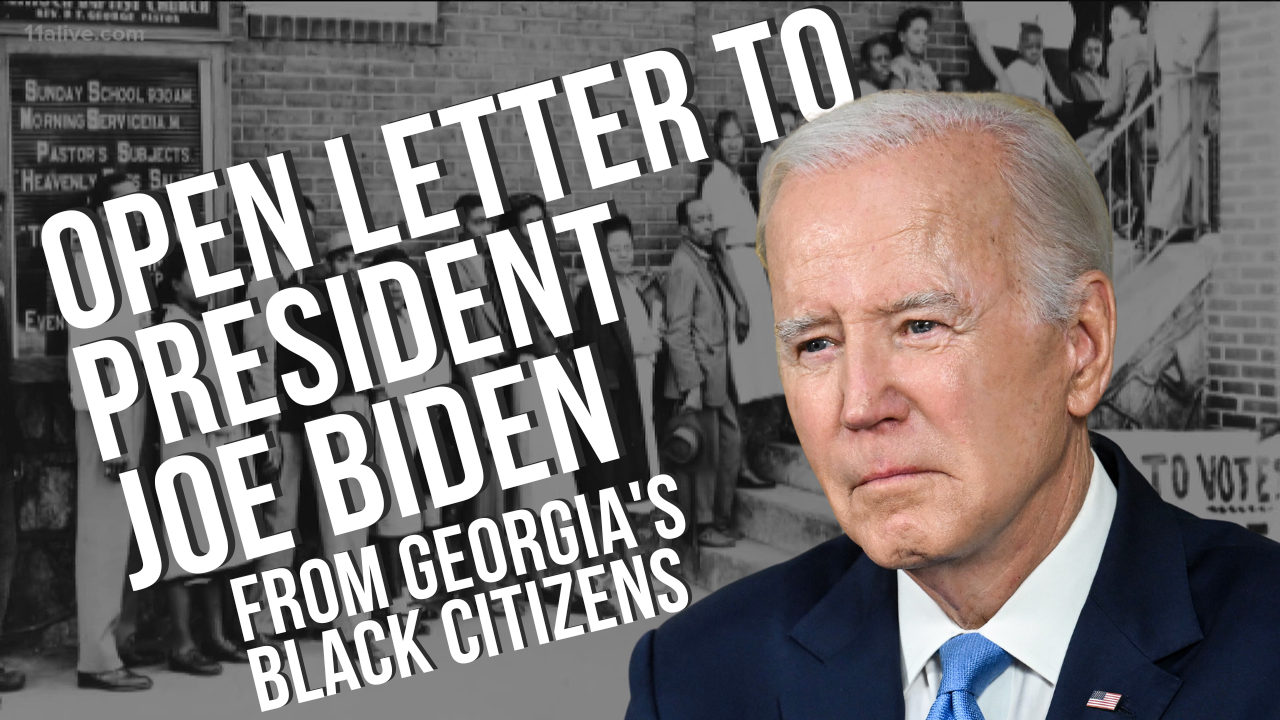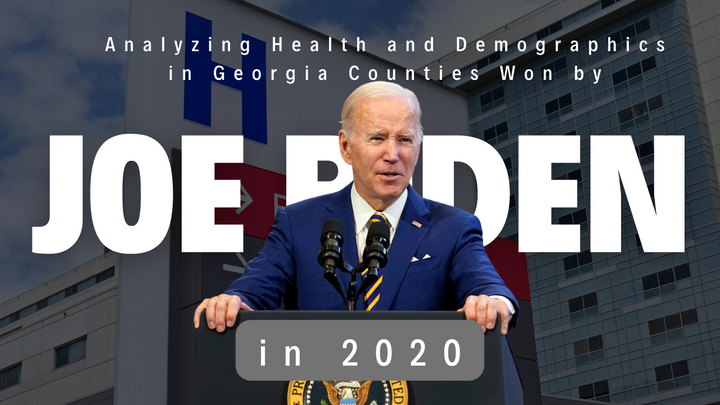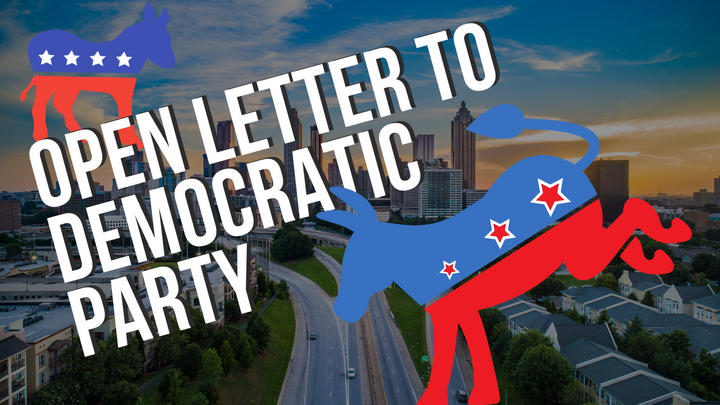The Call for Action: Why Black Georgians Demand Meaningful Negotiation

Introduction
Georgia's African-American community has been an embodiment of determination, resilience, and strength. Yet, despite their significant contributions to the democratic process, they often find themselves sidelined, with their concerns unaddressed. The recently presented open letter to President Joe Biden sheds light on this pressing issue, highlighting the community's demand for genuine negotiation and systemic change.
Contract with Black Georgia: More Than a Document
The Contract with Black Georgia is not merely a document; it is a:
- Manifesto: A culmination of shared experiences that narrate the struggles and aspirations of Black Georgians.
- Roadmap: A guide to identify and eradicate systemic barriers.
- Strategy: A plan of action to ensure justice and equality for all.
Key Indicators Highlighting the Need for Change
The letter highlights various areas where the current policies have fallen short in addressing the needs of Black Georgians:
Economic Barriers:
- Income inequality: Persistent disparity in wages.
- Wealth gap: Significant differences in assets and savings.
- Access to credit: Hurdles in obtaining financial assistance.
- High unemployment rates: Lack of job opportunities.
Social Concerns:
- Voter suppression: Efforts to disenfranchise Black voters.
- Mental health: Inadequate support systems.
- Incarceration rates: Disproportionate imprisonment of Black individuals.
Environmental Issues:
- Limited access to green spaces: Inadequate recreational areas.
- Climate change: Disproportionate impact on Black communities.
- Brownfield concerns: Issues related to previously used lands.
Health Disparities:
- Chronic diseases: Prevalent health issues.
- Infant mortality rates: High rates compared to other communities.
- Access to healthcare: Barriers in receiving adequate medical care.
Educational Inequalities:
- Attainment gap: Disparity in academic achievements.
- Digital divide: Lack of technological resources.
- Underfunding: Schools in Black-majority areas receive less financial support.
- HBCUs: Unique challenges faced by Historically Black Colleges and Universities.
Infrastructure Gaps:
- Health and food deserts: Limited access to healthcare facilities and fresh food.
- Credit, housing, digital, and transportation deserts: Inadequate resources affect the quality of life.
Governance & Political Challenges:
- Voter suppression: Tactics to limit Black voter participation.
- Gerrymandering: Manipulation of boundaries to favor one party.
- Representation: Need for politicians that reflect the diversity of Georgia.
A Cyclical Charade: The Political Exploitation of Black Georgians
The African-American community is sought after for votes every election cycle, but their concerns often remain unaddressed post-election. Both Republicans and Democrats have played a role:
- Republicans: Often undermine the Black community's democratic participation.
- Democrats: Despite being the primary beneficiaries of Black votes, they offer unfulfilled promises.
The Path Forward: An Annual Assessment
The Contract proposes an annual "report card" that will:
- Critically evaluate the promises and actions of political parties.
- Serve as a tool to ensure accountability and track progress.
Conclusion
The Contract with Black Georgia is a decisive step towards a brighter, more inclusive future. Black Georgians are not demanding favors; they seek recognition, respect, and genuine negotiation. Political entities acknowledge their worth and take meaningful actions toward a more equitable Georgia.


